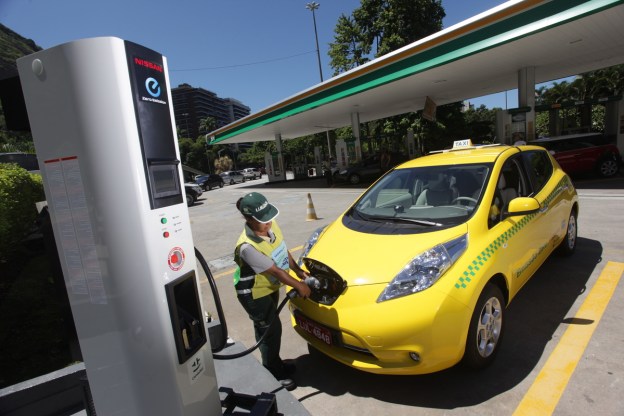
Right now – as it stands – electric cars purchases in California are slightly incentivized by both a federal and local tax credits. Even with the discounts, these all-electric cars are often much more costly than their gasoline-powered competitors. Take into effect the additional tax and state registration costs, and the initial investment numbers increase further.
One California lawmaker has seen this EV hurdle and proposed a solution, albeit a minor one. Assemblyman Al Muratsuchi’s bill (AB 1077) would take the $7,500 federal income tax credit and a state purchase rebate of $2,500 off the assessed taxable value of the vehicle at the time of purchase, bringing the tax bill down slightly.
While the eight-percent cost reduction would be small when compared to the cost of the overall car, it’s a start. It’s these kind of forward thinking policies that will bolster EV sales, which benefit California in any number of ways.
Muratsuchi said it best himself in a Beach Reporter story: “I introduced this to help California to continue as a clean vehicle leader. It is time we help Californians go green … our state is facing a great challenge to reduce both air pollution and greenhouse gas emissions within our transportation sector.”
Current California law dictates that automakers that wish to sell cars in the state must sell two percent electric vehicles by volume. Some have labeled the law draconian. Fiat, for example, has said publically that it will lose $10,000 on each one of the Fiat 500es that is forced to sell in California.
State incentives like this, though, could spur more buyers to the showrooms, making the financial sting for automakers a little softer. We’d like to see similar bills proposed in other states soon.


